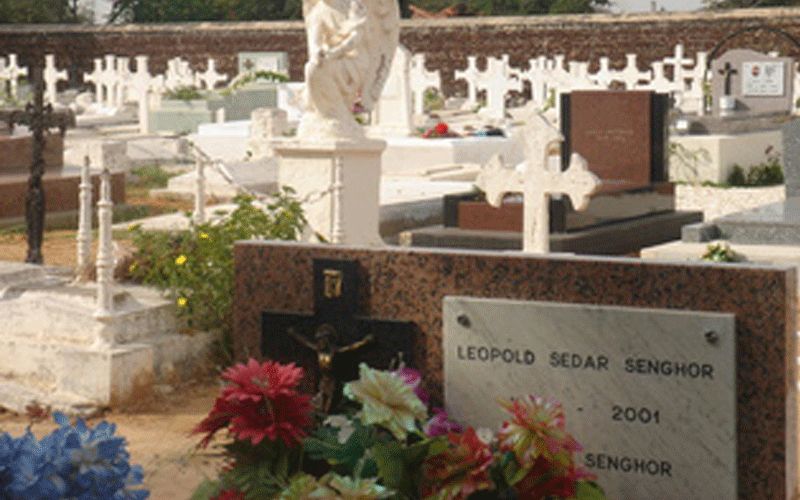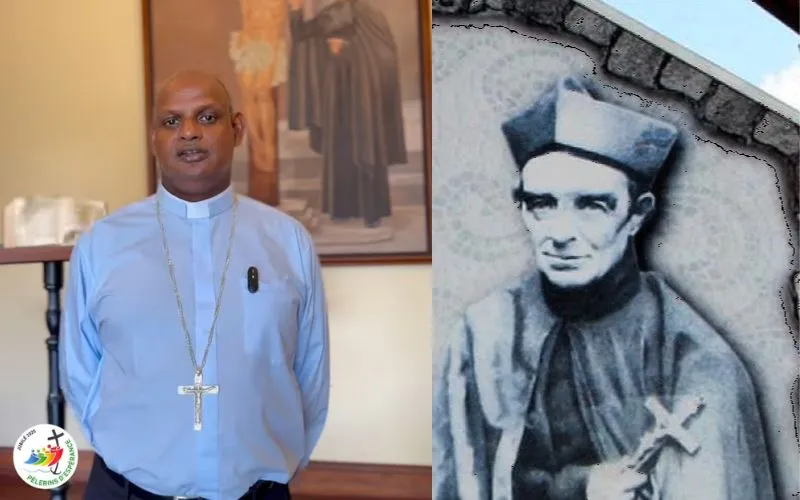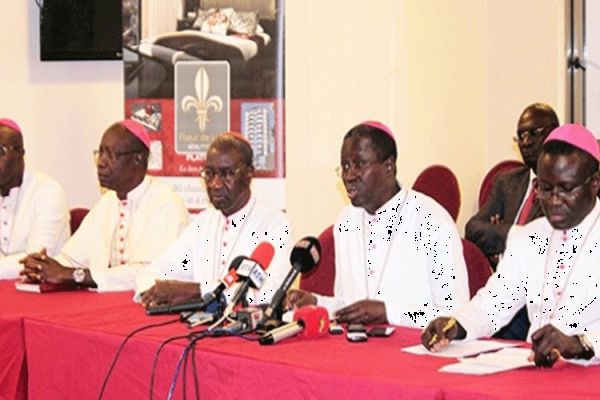Dakar, 31 March, 2020 / 6:34 am (ACI Africa).
With 162 confirmed cases of COVID-19 in the West African nation of Senegal, the Archdiocese of Dakar has adjusted schedules for burials at in the two Catholic cemeteries to take place “only in the morning” to allow the staff enough time to meet a curfew deadline, one of the measures put in place to avoid the spread of the virus that has claimed at least 37,815 lives across the globe.
“Given the current situation and until further notice, burials at the Saint Lazare and Bel Air cemeteries will be organized only in the morning,” the chaplain of the Management Committee of Catholic Cemeteries (COGECIC) in Senegal’s capital Dakar, Fr. Joseph Gning announced in a communique dated Sunday, March 29.
According to Fr. Gning, the reorganization of schedules for burials is in line with the curfew declared by President Macky Sall from 8 p.m. – 5 a.m. as part of measures to curb the spread of COVID-19 in the country.
“The suspension of burials in the afternoon will allow staff to return to their homes before the curfew declared by the Head of State,” the Chaplain of COGECIC explained in the statement, referencing the dusk-to-dawn curfew, which President Macky Sall declared March 23 along with a state of emergency across the West African nation.
Senegal reported 20 new cases of COVID-19 Monday, March 30, bringing the country’s total confirmed cases to 162, local media reported.








